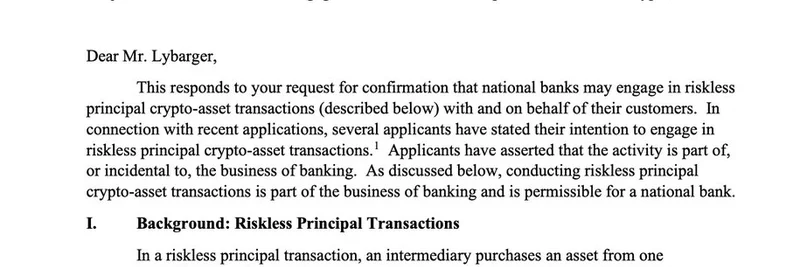In a thought-provoking tweet, Logan Chipkin, President and Co-Founder of Conjecture Institute, highlights a critical issue facing the West: a decline in optimism. He argues that this pessimism is an error in itself, one that his organization aims to fix through what he calls "applied optimism." The tweet links to a new essay titled "The West, Institutions, and Applied Optimism," published on his Substack.
Chipkin's message is clear: the West has historically thrived because of its superior institutions for correcting errors—think science, democracy, free markets, and cultural freedoms. These aren't perfect, but they're designed to evolve through trial and error. However, today's waning optimism threatens to erode these very foundations. Conjecture Institute steps in here, promoting deep ideas that can correct humanity's mistakes across fields like physics, parenting, epistemology, economics, aesthetics, and notably, artificial general intelligence (AGI).
For those of us in the blockchain and meme token space, this philosophy hits close to home. Meme tokens, those viral, community-driven cryptocurrencies like Dogecoin or newer Solana-based hits, are built on pure optimism. They often start as jokes or internet memes but explode in value when communities rally around them with unbridled enthusiasm. Think about it: in a market where prices can pump 10x overnight based on hype alone, optimism isn't just nice—it's the engine.
But meme tokens also suffer from errors, like rug pulls, hype cycles that crash hard, or lack of real utility. Applying Conjecture Institute's ideas could mean using "applied optimism" to fix these. For instance, by spreading better epistemological practices (that's a fancy way of saying how we know what we know), token creators and investors could better spot scams or build more sustainable communities. Imagine meme token DAOs that incorporate error-correction mechanisms inspired by Western institutions, like transparent voting systems or peer-reviewed whitepapers for fun.
And then there's AGI, which Chipkin explicitly mentions. In crypto, AGI ties into projects like AI-themed meme tokens or blockchain-AI integrations. Tokens inspired by Grok or other AI narratives often ride waves of optimism about future tech. Conjecture Institute's focus on applying deep ideas to AGI could inspire blockchain practitioners to think bigger—perhaps developing decentralized AI models that correct errors in real-time, making meme tokens not just speculative plays but part of a broader progress narrative.
Chipkin's essay, available on Substack, draws from thinkers like David Deutsch, emphasizing that all errors are correctable with the right knowledge. In the crypto world, where volatility is king, this mindset could shift us from doom-scrolling bear markets to proactively building resilient ecosystems.
The tweet has sparked some engagement, with users praising the essay and Chipkin even tagging British politician Daniel Hannan for his take. It's a reminder that big ideas from philosophy can trickle down to niche areas like meme tokens. If you're a blockchain enthusiast, consider how applied optimism might supercharge your next trade or project. After all, in memes and crypto, believing in progress might just be the ultimate edge.
For more on Conjecture Institute, check out their official website. And if you're diving into meme tokens, remember: optimism, applied wisely, could correct a lot of the sector's current pitfalls.


